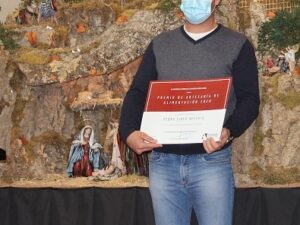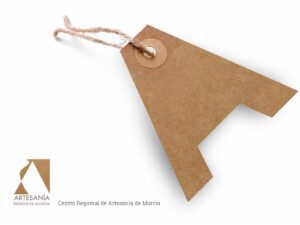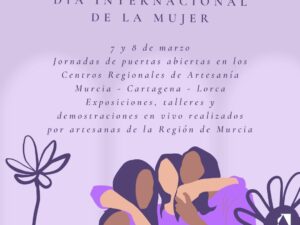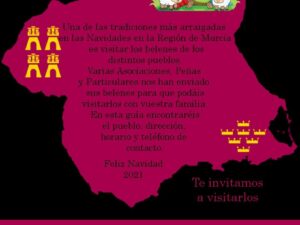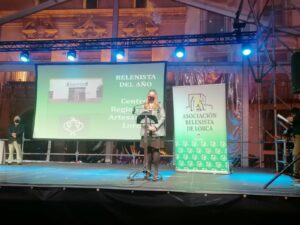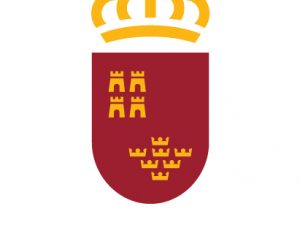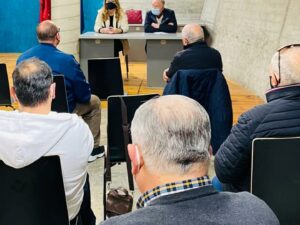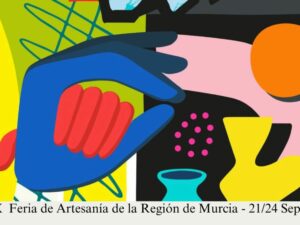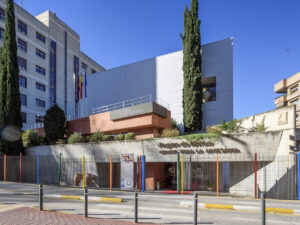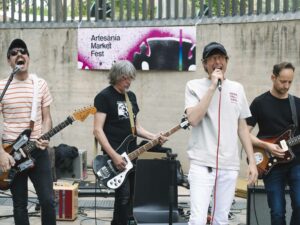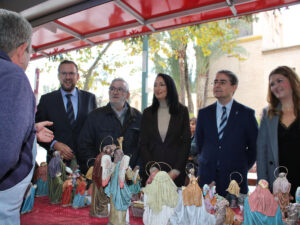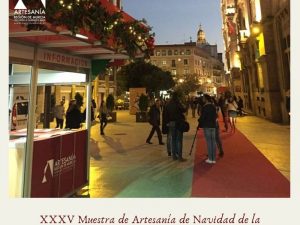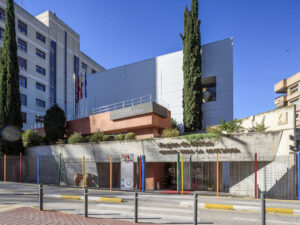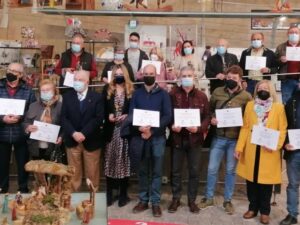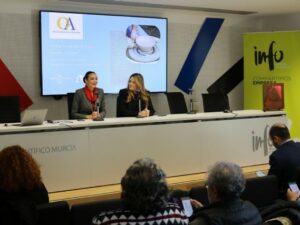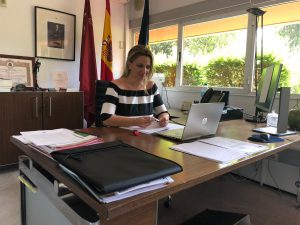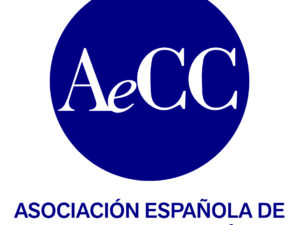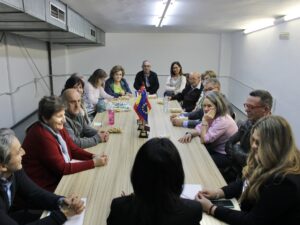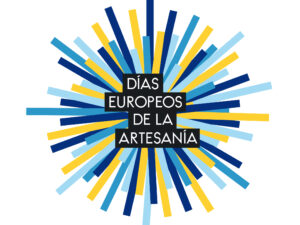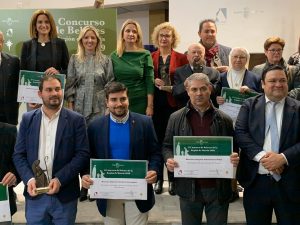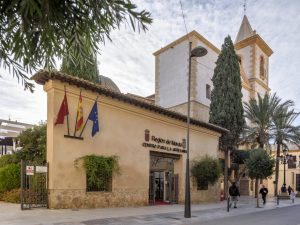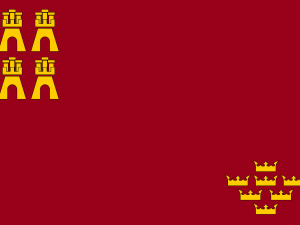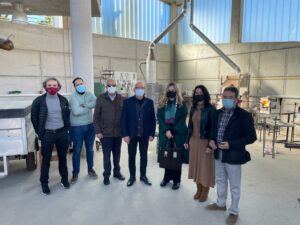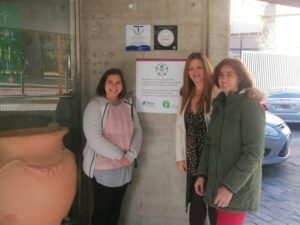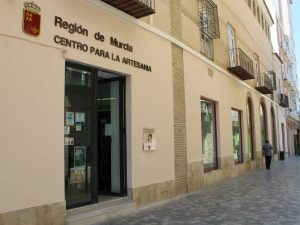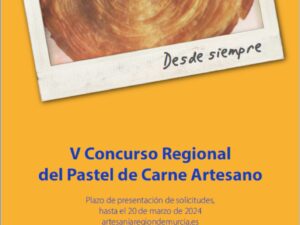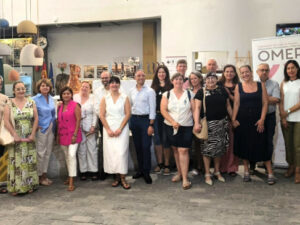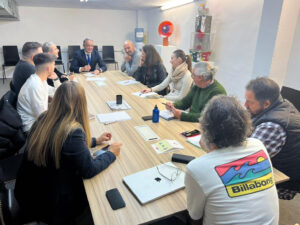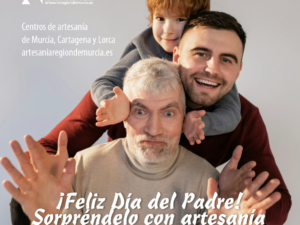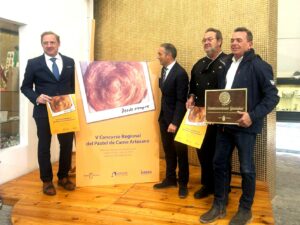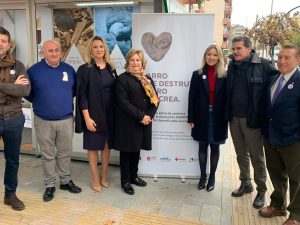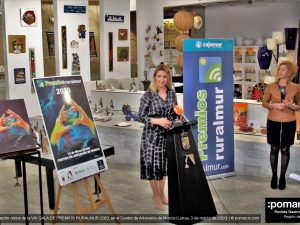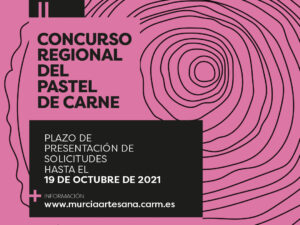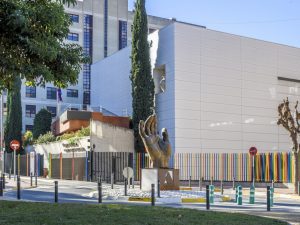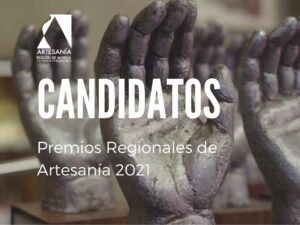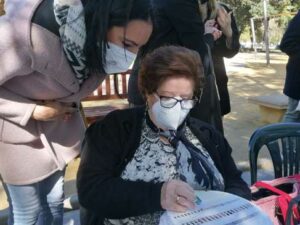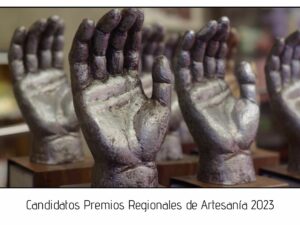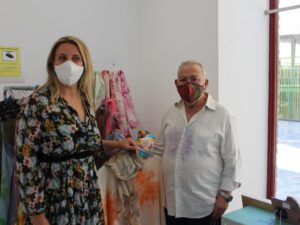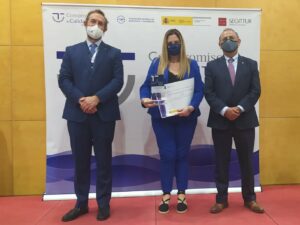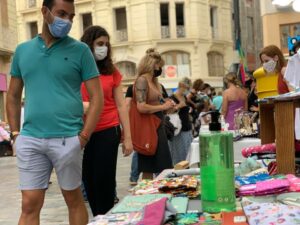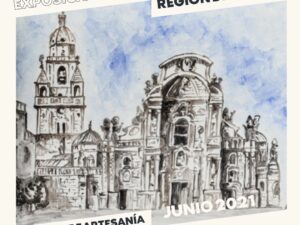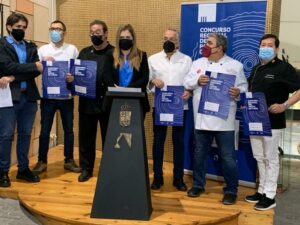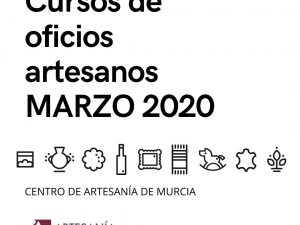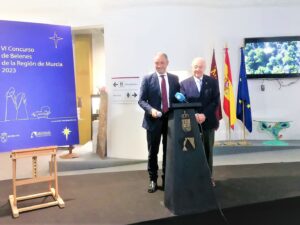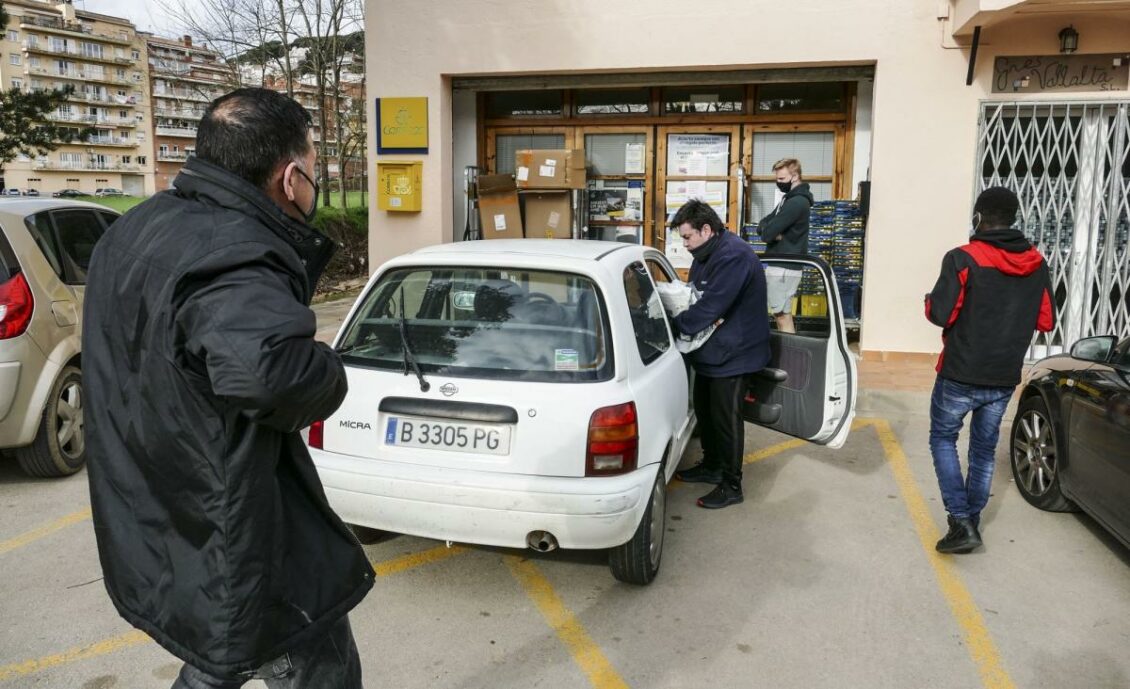
The public postal operator Correos wants to take advantage of its network in small municipalities to promote new services
Eduardo Lopez Alonso 31.01.2021 | 08:36. Source: The Opinion of Murcia

The postman in Spain continues to be a symbol of connection between the rural world and the center of economic activity. The emptied Spain, the smaller towns or urbanizations with less population density have the Internet and teleworking as one of the keys to future development and the public entity Correos sees an opportunity for growth and wants to equip itself with multi-service offices, beyond the administrative or parcel delivery window. The public postal service, widely implemented in Spain through Correos, reaches places where the great e-commerce giants are unlikely to be able to discover business opportunities. But the public budget of Correos has been cut for this year from 180 to 128 million and the agency needs to raise its income.
To boost postal activity in rural areas, Correos is committed to Correos Market, a marketing platform for craft products with which it seeks to bring local vendors closer to any citizen and even foreign consumers. Created in 2019, the platform currently has 785 companies, which have 6,872 products for sale, according to data from this week. In the Post office they assure that "the generation of business opportunities in rural areas and the continuous improvement of their communication channels are the optimal way to fight against depopulation". The initiative is viewed favorably by the staff, although it is criticized that there is a lack of investment to adapt the vehicles to the distribution of perishable products.
Another strategy to boost and take advantage of rural infrastructure are agreements with insurers or banks. In 2019, the entity offered its offices to the financial sector to reach the municipalities where branches and ATMs are disappearing. The president of Correos, Juan Manuel Serrano, signed an agreement with Banco Santander at the end of last year to offer, as of the first quarter of this year, cash withdrawal and deposit services at 4,675 Correos citizen service points (in 2,393 offices and 2,282 rural service points). Third-party financial services offered by Correos range from contracting products to making deposits or withdrawing money. Correos maintains agreements, in addition to Santander, with Mediolanum, Evo Banco and Bancofar, but aspires to more.
Correos has 2,393 offices throughout Spain, of which 1,297 are located in rural areas and in whose spheres of influence 15 million people live. The Spanish postal giant has 53,000 employees (20% of them civil servants) of which some 5,470 are assigned to rural areas. It is estimated that they travel 320,000 kilometers daily.
The unions fear that the budget restrictions will condemn Correos to cut means and reduce delivery frequencies in rural environments, "discriminating against and abandoning the empty Spain in front of the urban Spain", they explain. In Correos they defend the global strategic commitment to the rural environment and give the Correos Market as an example and the attempt to bring products of the economic activity of the town to the city. Correos is also running to create local virtual markets. An example is the use of the postal code as a proximity virtual sales identifier. This initiative to link the postal code to a market place is a way forward.
The public postal service with Correos is insured until at least 2026. The agreement includes mailings of letters and packages of up to 20 kilos. Correos has already achieved a market share of 45% in shipments as a result of online commerce and is betting on this market from which it cannot leave rural areas out. The operator managed 196.56 million packages last year.
But the efforts of Correos to promote and improve rural business, within the framework of CSR (Corporate Social Responsibility) strategies and the assigned public service, sometimes collide with efficiency and results. For example, in Sant Cebrià de Vallalta, a town in the Maresme region with 3,385 inhabitants, the decision has been made to reorganize work in the distribution unit. There are six postmen and they use their own vehicles (20 cents per kilometer). But from March they will be assigned to other nearby towns (Canet and Calella) during their entire working day. The customer service office is only open three hours a day, too limited hours according to the city council. The clerk in charge will distribute mail four hours and another three will be in the office. It is an example of Correos' strategy of optimizing available resources and adapting the workforce to the greater workloads of other areas. It is applied throughout Spain, and especially when defining coverage in areas with low population density. And in parallel, the offices serve as a link to process permits and manage certificates, but also to buy tickets for shows, buy prepaid phone cards, pay bills or buy coupons from Once.
Post office workers recognize that postal activity has not been reduced. That there are more and more packages to distribute and that many of them are from Amazon. There is an express order from the management so that urgent packages have priority. It is not profitable for Amazon or the express mail firms to reach an empty Spain and those areas that the Post Office classifies as “special environments”.
Related posts
Artisanal cheese factory 'El Roano', «something will have the Murcian goat cheese, when they bless it»
CATALOG “THIS CHRISTMAS SURPRISES WITH ARTISAN LABELS”
Sonia Moreno visits the artisan company Quesos El Roano
The Community opens the deadline to request aid to artisans and maintain, reactivate and promote artisan activity
Catalog of the Cartagena Glass Museum
The Craft Centers commemorate International Women's Day with an open day and workshops
Guide to Nativity Scenes in the Region of Murcia
The Community allocates 150,000 euros for aid to artisans and companies in the sector
Nueva temporada en los escaparates del Centro Regional de Artesanía de Cartagena
El Centro Regional de Artesanía de Murcia rinde homenaje al Año Jubilar de Caravaca de la Cruz
Sonia Moreno collects the Nativity Scene of the Year award granted to the Lorca Craft Center
Convocatoria abierta de los Premios Nacionales de Artesanía 2024
74 artisans participate in the XXXV Christmas Craft Show
CONFITERÍA JIMÉNEZ WINS THE II REGIONAL MEAT PIE CONTEST
Announcement of regulatory bases subsidies for Craft Associations
Talleres infantiles en Navidad en el Centro Regional de Artesanía
This summer, give the gift of Artesanía Región de Murcia
Centro de Artesanía de Cartagena Recibe Distinción por Calidad Turística en Entrega de Diplomas SICTED
GUIDED VISITS
THE NEW EDITION OF THE REGIONAL MEAT PIE CONTEST WILL BE HELD ON OCTOBER 20

The first nativity scene in the history of the European Parliament will be from the Region of Murcia
Grants for individual artisans and artisan companies.
Modification order of subsidies for artisan associations 2019
New Programming of workshops at the Craft Center of Murcia
'Empoderarte' shows works made by victims of abuse at the Regional Craft Center
The most artisan Holy Week arrives at the Murcia Regional Craft Center
Aforo completo en el Cuartel de Artillería para ver en directo el talento murciano en un fin de semana cargado de moda
The Nativity Scene Associations of the Region, in favor of protecting nativity scenes and declaring it Intangible Cultural Heritage
Programming demonstrations and cheese tasting at the Cartagena Craft Center
The deadline to vote for the Craft Awards is open until November 23
The period to apply for the Regional Crafts Awards 2023 is open
Artesanía de la Región de Murcia en la Feria del Mueble de Yecla
Artisans will be able to exhibit and sell their products at the International Airport of the Region of Murcia
Los centros regionales de artesanía baten un récord histórico de ventas
The Community announces the Regional Crafts Awards 2022
Encuentra el Regalo Perfecto para el Día de la Madre en los Centros de Artesanía de la Región de Murcia
Consumption organizes circular economy and recycling workshops for schoolchildren
GENERATIONAL RENEWAL OF THE BELENISMO IN THE REGION OF MURCIA
Casi 200 nacimientos participan en el VI Concurso de Belenes de la Región de Murcia
Children's workshops for Easter and Spring Festivals at the Craft Center
La Comunidad trabaja con la ONCE por una artesanía inclusiva y accesible

'FLYPPY' RETURNS TO THE MURCIA REGIONAL CRAFTS CENTER WITH THE EXHIBITION 'LIGHT SCULPTURE ELEMENTS'
EXHIBITION "TRADITIONAL CLOTHING OF THE REGION OF MURCIA"
Data Protection
The Community subsidizes 50,000 euros to artisan associations to finance plans to promote employment and marketing in the sector
39th Edition of the Craft Fair of the Region of Murcia, FERAMUR
The Craft Awards of the Region of Murcia receive 38 applications for participation
El Centro Regional de Artesanía de Murcia abre sus puertas en verano para impartir talleres artesanos
Murcia acoge la primera edición del ‘Artesanía Market Fest’, un mercado artesano que contará con música y talleres en directo
More than 560 schoolchildren participate in the 18th edition of 'Consumópolis' and learn the importance of responsible use of the Internet
Belén Esteban falls in love with the jams of the Region of Murcia
Los Centros Regionales de Artesanía incrementan más de un 19 por ciento sus ventas entre enero y mayo
Artesanía de la Región de Murcia en Warm Up Estrella de Levante
La artesanía regional protagonista en la primera edición de ARTESANÍA MARKET FEST
Presentation of the book “San Antón, history of a neighborhood”
THE LORCA CRAFT CENTER HOSTS AN EXHIBITION ON HANDICRAFTS IN REGIONAL COSTUMES
The Murcia Region Christmas Craft Show hosts 84 stands with traditional trades, gifts, food and nativity scenes
Christmas Craft Show Region of Murcia 2019
The artisans increased their sales by 64 percent in the Regional Craft Centers during the month of March
Artisans and designers from Spain will meet at the Regional Craft Center of Murcia
Open the period to participate in the V Nativity Scene Contest of the Region of Murcia
The Community signs an agreement to market artisan products under the 'Artesanía Región de Murcia' brand on the 'Correos Market' platform
The general director of Consumption and Crafts delivers the awards of the IV Regional Nativity Scene Contest
GALA REGIONAL HANDICRAFT AWARDS 2021
The Region hosts the national meeting of the Observatory of Crafts
The Region, cradle of a craft with great potential
The Murcia Regional Crafts Center receives the first Sicted prize for the most competitive tourist service
The Community allocates 150,000 euros for craft projects
LasGastrocrónicas.com launches the new GastroArtesanía section
On Valentine's Day, #Give Crafts #Give Love
National Craft Awards 2023
Exposición “Camino” de Anabel del Canto
Cátedra Beer, the most successful Murcian craft beer
JORNADA TÉCNICA LAS INDICACIONES GEOGRÁFICAS PROTEGIDAS APLICADAS A LA CERÁMICA
Modification Order subsidies for craftsmen and craft companies 2019
Cerca de cien artesanos participan en la XXXIX Muestra de Artesanía de Navidad de la Región
THE MEMBER OF BUSINESS MEETS WITH THE ARTISAN ASSOCIATIONS OF THE REGION OF MURCIA
CELEBRATE FATHER'S DAY AT THE REGIONAL CRAFT CENTERS
Los Centros Regionales de Artesanía se suman a la Noche de los Museos
The Region celebrates the 'European Days of Crafts' with exhibitions, workshops, guided tours and demonstrations
'Flyppy' receives the Regional Craft Award
CHILDREN'S WORKSHOPS HOLY WEEK AND SPRING FESTIVITIES
The Region returns to the Salón Gourmets to show its gastronomic excellence as the land of 1,001 flavors
Abierto el plazo para registrar actividades para los Días Europeos de la Artesanía 2024
The Community rewards the City Council and the CEIP Petra Sánchez de Los Alcázares in the II edition of the Nativity Scenes contest
The Lorca Regional Craft Center is second finalist as 'most competitive establishment of 2020' in the Sicted awards
EXTRAORDINARY BENEFIT FOR SELF-EMPLOYED COVID19
TALLERES ARTESANOS EN VERANO 2024 EN EL CENTRO PARA LA ARTESANÍA DE MURCIA
Up to 12,000 euros in aid to SMEs for electronic commerce projects
FERAMUR 2023 PRESENTATION
The Christmas Craft Show celebrates its 36th edition
The Regional Craft Centers host a collective exhibition dedicated to the sea
The regional craft centers open their doors today after the closure by COVID-19
60 artisan products from the Region are present at the Gourmet Club of El Corte Inglés in Murcia
El premio ‘Mejor Pastel de Carne Artesano 2024’ recae en la confitería Praga
Call for the IV edition of the LOEWE FOUNDATION Craft Prize
The period is open for the pastry chefs of the Region to present their candidacies to the Regional Artisan Meat Pie Contest
Subsidies for Craft Associations
NATIVITIES FROM THE REGION OF MURCIA IN THE REGIONAL CRAFT CENTERS
40ª Edición de la Feria de Artesanía de la Región de Murcia, FERAMUR, del 26 al 29 de septiembre en el Recinto Ferial IFELOR
THE OFFICIAL HANDICRAFTS FAIR OF THE REGION WILL BE HELD FROM SEPTEMBER 22 TO 25 IN LORCA
Open the period to register activities for the European Days of Crafts
The Craft Centers celebrate the week of the 'Traditional Nativity Scene made of clay' with exhibitions and conferences
The Community grants 50,000 euros to five artisan associations in the Region
Help for self-employed workers
GIVE HANDICRAFTS FOR MOTHER'S DAY
Nuevos Artesanos en los Escaparates de Cartagena
The deadline for submitting applications to organize the 2022 Christmas Craft Show is open
NIGHT OF THE MUSEUMS AT THE REGIONAL CRAFT CENTER OF LORCA
Exhibition "Contrasts" by Lidia Cassi Gimeno
Tictactoys will compete in the 2019 National Crafts Awards
CHILDREN'S WORKSHOPS OF ARTISAN TRADES- 1 TO 6 SEPTEMBER
The Craft Center of Murcia hosts the exhibition 'Carne Con Ojos' by Flyppy
The Community launches virtual visits to learn about the Regional Craft Centers
European Days of Crafts in the Region of Murcia
The Community expands the 2019 Regional Crafts Awards with three new categories
The Murcia Craft Center hosts an exhibition of hand-painted natural silk garments
Called the National Crafts Awards 2020
THE CRAFT CENTERS OF MURCIA AND CARTAGENA INCORPORATE ACCESSIBLE SIGNAGE
“Sigue los dictados de tu corazón, Regala Artesanía” Feliz San Valentín
WORKSHOPS “MY CITY TEACHES”
Aforo completo en la I Pasarela de Artesanía Región de Murcia
The Regional Craft Center opens its doors
NEW SCHEDULE FOR REGIONAL CRAFT CENTERS
THE COMMUNITY DELIVERS TO THE RED CROSS THE COLLECTION OF THE CAMPAIGN `THE CLAY DESTROYS AND THE CLAY CREATES´
ALMALEON y PAJARITAS CON JOTA ganan la mejor decoración de estands de la Muestra de Artesanía de Navidad 2023
FLYPPY RETURNS TO THE REGIONAL CRAFT CENTER OF MURCIA WITH THE EXHIBITION CALLED “MEAT WITH EYES”
PRESENTACIÓN DEL V CONCURSO REGIONAL DEL PASTEL DE CARNE ARTESANO
The Murcia Regional Crafts Center obtains the first Sicted prize in the most competitive tourist service category
Six entrepreneurs receive, by Info, recognition as Entrepreneurs of the Month
The Regional Craft Centers of Murcia, Cartagena and Lorca move to PHASE 2
Masters of the Spanish Baroque I Carmen Navarro
Talleres de oficios artesanos dentro del programa educativo Murcia Educadora
La artesanía de la Región estará presente en los galardones de los Premios OMEP 2024
Regional craft centers increase their sales more than 50 percent
Éxito Rotundo en la V Edición del PechaKucha Night en el Centro de Artesanía de Murcia
New offer of artisan crafts workshops at the Regional Craft Center of Murcia
THE DIRECTOR GENERAL SONIA MORENO PARTICIPATES IN THE FIRST MEETING OF THE CRAFT OBSERVATORY
María Luisa Peaguda wins the Regional Craft Award
More than 80 artisans participate in the XXXVIII Edition of the Craft Fair of the Region of Murcia
Programming for the month of November of the Regional Craft Center of Cartagena
La Comunidad volverá a convocar ayudas para facilitar a los artesanos su participación en la Muestra de Navidad, que cumple 40 años
Grants for innovation and digitization projects
PROGRAM OF CHILDREN'S WORKSHOPS ON ARTISAN TRADES "SUMMER"
A total of 78 stands are part of the Christmas Craft Show
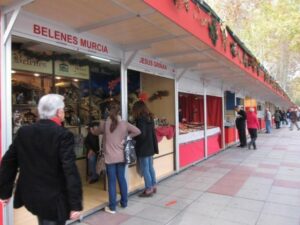
THE DEADLINE IS OPEN TO REQUEST PARTICIPATION IN THE XXXVII EDITION OF THE CHRISTMAS CRAFT SHOW 2021
IN CRAFTS WE DO IT WITH LOVE
Regional Crafts Awards Gala 2021
The Autonomous Community has convened the Regional Crafts Awards 2021
¡Feliz Día del Padre! Sorpréndelo con Artesanía
La Comunidad destina 270.000 euros para impulsar la artesanía de la Región
Abierto el plazo para presentar candidaturas al V Concurso del Pastel de Carne Artesano
Más de 260 niños y niñas participan en los talleres de Semana Santa y Fiestas de Primavera del Centro Regional de Artesanía de Murcia
La maestra artesana Rosa López Torres es galardonada con el premio regional de artesanía 2023
The company from Totana Pottery Project, finalist in the National Crafts Awards
170 women victims of gender violence improve their work and social skills through crafts
La Comunidad organiza talleres para acercar a los niños a la artesanía durante las vacaciones de Semana Santa y Fiestas de Primavera
Children's workshops at Christmas at the Murcia Regional Craft Center
The Town Hall of Fuente Álamo and the IES Arzobispo Lozano de Jumilla are awarded in the V Regional Nativity Scene Contest
Aid for artisans receives almost a hundred applications
V edición del PechaKucha Night Murcia
THE XXXV CHRISTMAS CRAFTS SHOW WILL HELP THE RESIDENTS OF THE MUNICIPALITIES AFFECTED BY THE DANA
The Community organizes a conference on the relationship between artisans and designers
COMERCIO PRESENTS THE VIII EDITION OF THE 'RURALMUR AWARDS'
Children's craft workshops AUGUST
INTERVIEW WITH ANA BELÉN PAREDES “ANUKA CREACIONES”
European Crafts Days, from April 6 to 11
II REGIONAL MEAT PIE COMPETITION
Open Regional Craft Centers
The Murcia Craft Center offers Christmas workshops for the little ones
The Autonomous Community of the Region of Murcia collaborates with the Belencribs International Network Association for the Organization of the Special Competition for Nativity Scenes in the Region of Murcia 2020.
CANDIDATES FOR REGIONAL HANDICRAFT AWARDS 2021
La Artesanía de la Región desfila el 2 de mayo en el marco de Murcia Pasarela Mediterránea
Honey El Colmenero de Barranda, the sweetest and healthiest GastroArtesanía of the Region of Murcia
The new TRIMEY artisan signature can now be purchased at the Regional Craft Centers
Summer children's workshops at the Murcia Regional Craft Center
Bobbin lace, a tradition on the rise
The Region presents four nominations for the National Crafts Awards
Children's workshops at Christmas
CANDIDATES FOR REGIONAL CRAFT AWARDS 2023
Workshop "Create your own Bethlehem portal"
El Centro de Artesanía de Murcia celebra la primera edición de ARTESANÍA MARKET FEST
The Regional Craft Center of Cartagena hosts a sample of hand-painted fabrics by the artist Alfredo Caral
CERAMIC EXHIBITION “BOTI-ART” BY VERÓNICA MACCORIN
NEW OFFER OF COURSES AND WORKSHOPS OF CRAFTSMANSHIP
The Lorca Craft Center receives the Sicted award at Fitur as the second finalist for 'Most competitive establishment of 2020'
The artisans of the Region claim their trades live in 'La Mar de Creaciones'
PRESENTATION OF THE HANDICRAFTS FAIR OF THE REGION OF MURCIA
The Regional Craft Centers market products with the “Región de Murcia” seal
The III Regional Meat Pie Contest will be held on April 18 in Murcia
OFFER OF ARTISAN TRADES COURSES MARCH 2020
Abierto el plazo para presentar candidaturas al VI Concurso de Belenes de la Región de Murcia
Children's workshops "Great Murcian artisans teach small artisans" during the month of July at the Murcia Regional Craft Center
Popular Posts
-
 The Region returns to the Salón Gourmets to show its gastronomic excellence as the land of 1,001 flavors
The Region returns to the Salón Gourmets to show its gastronomic excellence as the land of 1,001 flavors
April 25, 2022 -
 GUIDED VISITS
GUIDED VISITS
June 25, 2020 -
 La artesanía de la Región estará presente en los galardones de los Premios OMEP 2024
La artesanía de la Región estará presente en los galardones de los Premios OMEP 2024
10 July, 2024 -
 Catalog of the Cartagena Glass Museum
Catalog of the Cartagena Glass Museum
September 17, 2018 -
 Subsidies for Craft Associations
Subsidies for Craft Associations
September 17, 2018


